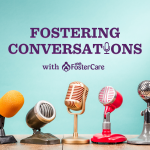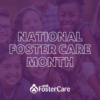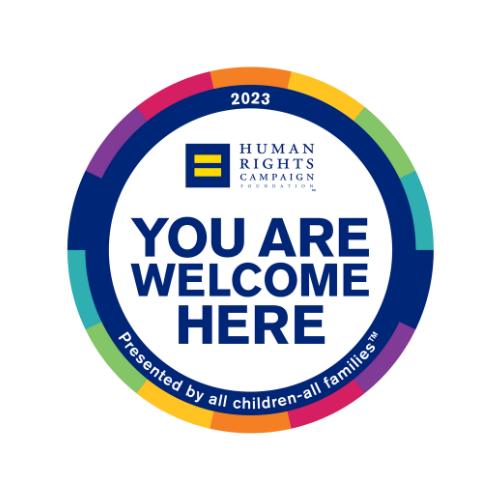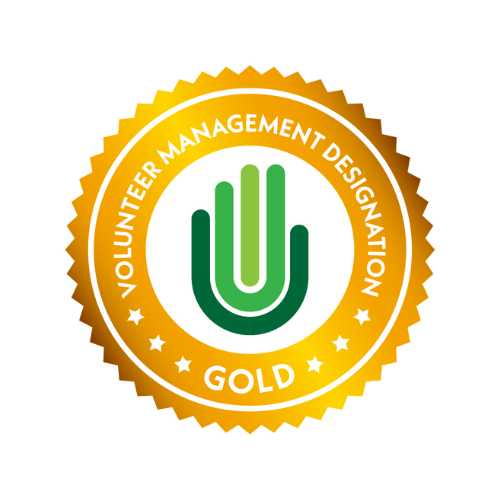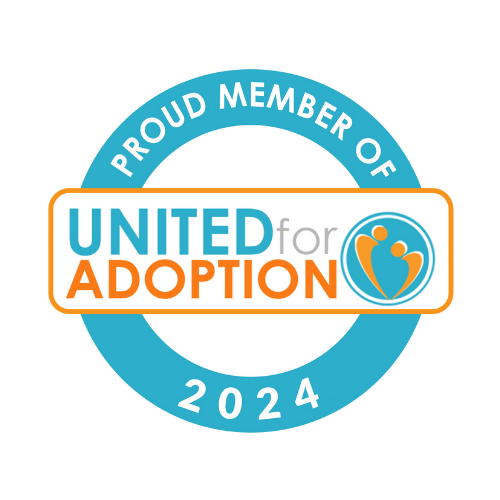Aunts, Uncles, Grandparents, Friends…
If you’re considering caring for a child you know who is in foster care (called “kinship care”), we’ve got some important resources for you to consider, each highlighted below-
- Caring for a relative can be rewarding, and challenging, so please ask yourself the hard questions, beforehand.
- If you’re selected to be the child’s caregiver, there are two paths: temporary custody and guardianship; and becoming a licensed foster parent. The path you take will be determined during your discussions with DCFS. If you’re not selected, we invite you to consider becoming a licensed foster parent for children not lucky enough to have kin able to take them in.
- If the child resides out-of-state, there is a special process you must go through. If the child resides in Utah, Utah’s Division of Child & Family Services (DCFS) is the agency who decides where a child in foster care will be placed, so the first thing to do is contact the child’s caseworker at DCFS.
- In Utah, there are some 84,000 children living with a relative with no involvement from the state whatsoever. If this is you, there are resources available for you, too!



